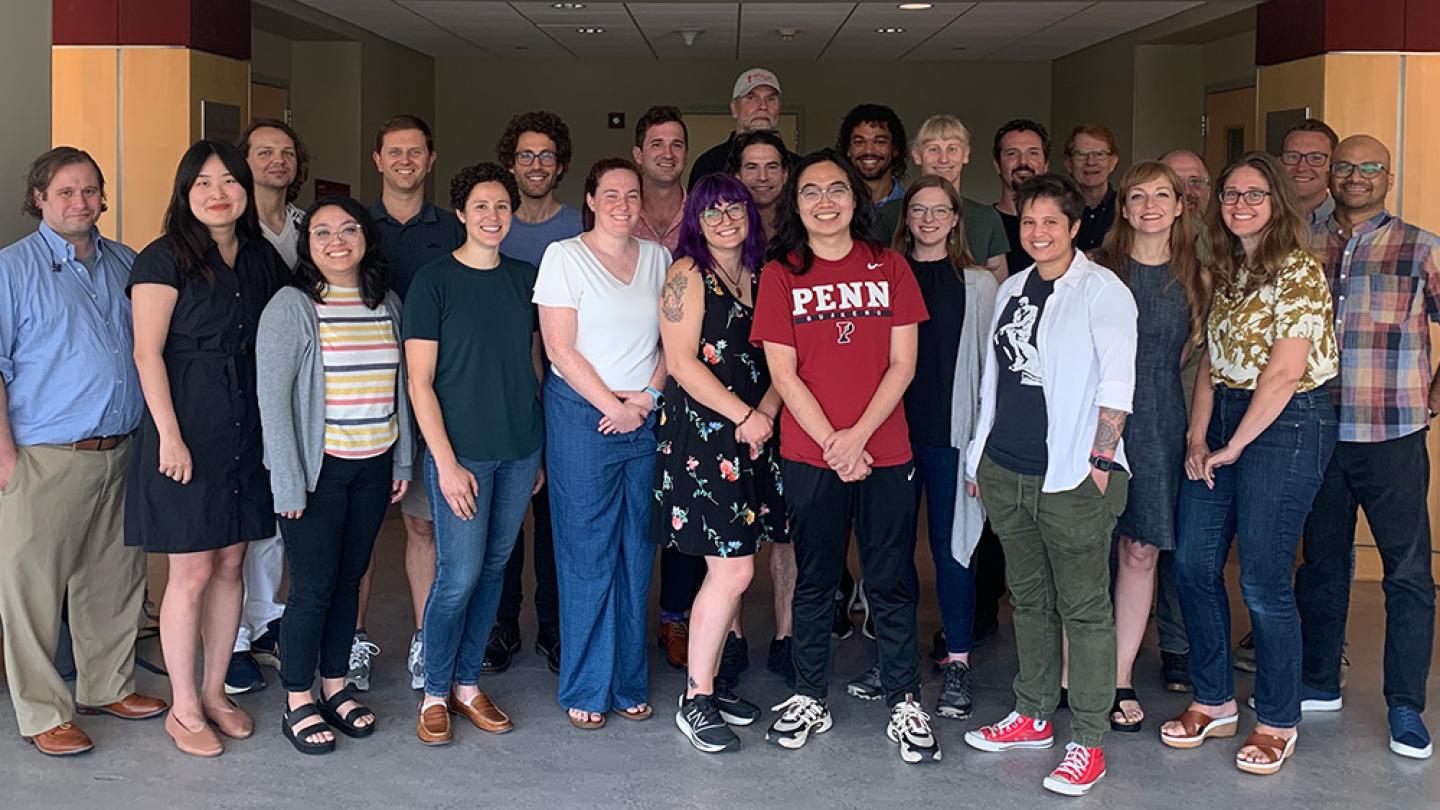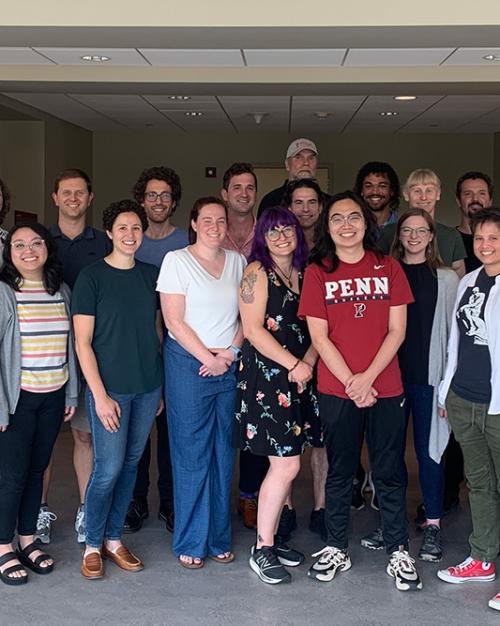With its lakes, hills and wineries, Ithaca is a great place to spend a summer. It’s also a great place to study moral psychology, with Cornell University’s renowned faculty experts, speaker series and a multi-disciplinary minor offered in the field.
These strengths combined as Cornell hosted the Summer Institute for Moral Psychology June 24 – July 19, funded by the National Endowment for the Humanities (NEH).
Directed by College of Arts and Sciences (A&S) faculty in psychology and philosophy, the institute featured presentations from many leading figures in moral psychology, which studies human thought and behavior in ethical contexts.
“The moment for the institute is perfect – urgent, really. We need sharing and expansion of intellectual resources for moral psychologists at all levels of the academy now,” said Laura Niemi, assistant professor of psychology (A&S), faculty director of the Dyson Leadership Development Program in the SC Johnson College of Business, and one of the institute’s three directors, along with John Doris, the Peter L. Dyson Professor of Ethics in Organizations and Life in the Cornell SC Johnson College of Business and professor in the Sage School of Philosophy (A&S); and Shaun Nichols, Distinguished Professor of Arts & Sciences in Philosophy (A&S).
Graduate students at more and more institutions are focusing on the field, creating a need for more faculty members prepared to teach at the graduate and undergraduate levels, said Niemi.
The institute’s 21 in-residence participants included graduate students, lecturers and tenured/tenure track faculty members from research universities, liberal arts colleges and community colleges. Their academic backgrounds were widely varied, including philosophy, psychology and criminology.
During the course of the four-week institute, 15 visiting faculty presenters from Harvard University, Princeton University, the University of Pittsburgh and others joined the three Institute directors in leading seminars four mornings each week on a wide range of topics, such as love, poverty, charitable giving and moral judgement, as well as the history of moral psychology.
Students read nearly 700 pages of required text, and most gave presentations of their own work.
“It was especially exciting to delve into students’ unique research projects and theories during their presentations of their own work on Fridays — this was top-rate interdisciplinary workshopping,” said Niemi.
One participant, a faculty member, told Niemi that they learned more in a month than they probably could have learned working on their own for a year.
Cornell was the ideal place for a summer institute on moral psychology, said Doris, because of the university’s broad and collaborative approach to the field and its established program. “In our view, Cornell is currently the best place for moral psychology in the world,” he said.
Housed in the Department of Psychology, the moral psychology program’s minor offers courses through seven of the university’s colleges and schools. The program’s moral psychology speaker series attracts participants from across the university, many of whom do scholarly work focused on moral psychology.
The top goal of the summer institute was to encourage deeper cross-disciplinary engagement, Nichols said: “For moral psychology to thrive in a responsible way, it needs to simultaneously build up its interdisciplinary strengths in philosophy and psychology. By having philosophers and philosophically-minded psychologists working in the field across disciplines — day-after-day, intensively, together — we hoped the Institute would break down barriers and increase the confidence of scholars to engage each other’s work.”
As part of that effort to encourage engagement, institute students and faculty enjoyed social outings to some of Ithaca’s summer best, including weekend hikes, visits to wineries, trips to the Lab of Ornithology, musicals and concerts.





